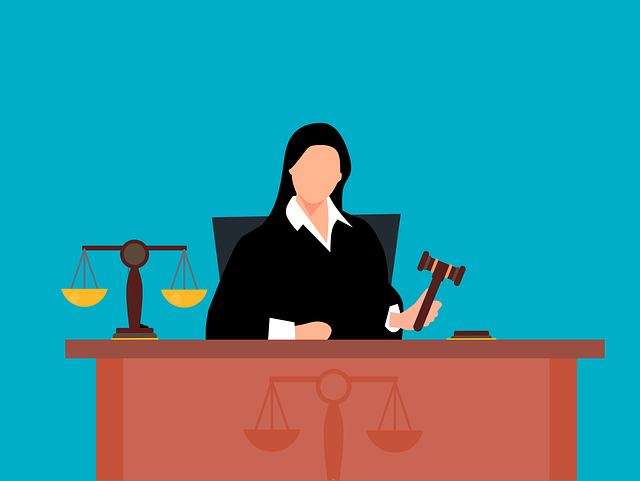In case of a contract breach, especially in high-stakes white-collar cases, swift action is crucial. Gather evidence, document the breach, and assess damages through contractual term review, legal research, and expert consultation. Time-sensitive actions include sending formal notices, preserving digital records, and taking proactive measures to minimize losses. Ensure regulatory compliance by assessing breach scope, identifying affected parties, and meticulously documenting facts. Consult legal experts, conduct internal audits, notify stakeholders, and take corrective actions. Proactive communication with communities can mitigate reputational damage. Review breached contracts, identify violated clauses, and implement tailored compliance programs including staff training and regular legal assessments to fortify defenses against future breaches.
In the dynamic business landscape, regulatory compliance is non-negotiable. When a contract breach occurs, immediate and strategic actions are crucial. This article guides you through essential steps to take after a breach, focusing on regulatory compliance. We provide a comprehensive checklist for navigating post-breach regulations and offer preventive measures to fortify your organization against future violations. By understanding the implications and taking proactive measures, businesses can minimize risks and ensure long-term success.
- Understanding Contract Breach Implications: Immediate Steps to Take
- Regulatory Compliance After a Breach: A Comprehensive Checklist
- Preventive Measures: Fortifying Your Organization Against Future Contract Violations
Understanding Contract Breach Implications: Immediate Steps to Take
A contract breach can have significant implications for businesses, especially in high-stakes cases involving white-collar defense. The immediate response is crucial and requires a strategic approach. When a party fails to fulfill their contractual obligations, it’s essential to take swift action to mitigate potential damages and protect your interests.
The first steps after discovering a contract breach should focus on gathering evidence, documenting the breach, and assessing the scope of the damage. This includes reviewing the contract terms, identifying any relevant legal precedents, and consulting with legal experts who specialize in contract law across the country. Time-sensitive actions may include sending a formal notice to the breaching party, preserving digital records, and taking proactive measures to minimize further losses or disruptions.
Regulatory Compliance After a Breach: A Comprehensive Checklist
After a breach occurs, regulatory compliance becomes paramount to mitigate potential legal repercussions and restore trust. The initial steps to take include assessing the extent of the breach, identifying affected parties, and documenting all relevant facts. This critical phase involves gathering evidence, reviewing contracts, and understanding applicable laws and regulations.
A comprehensive checklist for navigating post-breach regulatory compliance includes conducting internal audits, notifying stakeholders, implementing corrective actions, and preparing for potential jury trials if civil lawsuits arise. It’s crucial to involve legal experts and consult with industry regulators to ensure full compliance. Moreover, a transparent approach and proactive communication with the philanthropic and political communities can help manage reputational damage and support efforts towards complete dismissal of all charges, if warranted.
Preventive Measures: Fortifying Your Organization Against Future Contract Violations
Preventive measures are crucial steps to take after a contract breach, fortifying your organization against future violations. The first step involves conducting a thorough review of the breached contract, identifying specific clauses that were violated, and understanding the underlying reasons for the breach. This internal audit helps in pinpointing areas of weakness within your organization’s processes and policies. Based on these findings, implement robust compliance programs tailored to address the identified vulnerabilities. These programs should include regular staff training on contractual obligations and updates to ensure they remain informed about changes in regulations relevant to their roles.
Moreover, establishing clear communication channels between departments can significantly reduce the risk of future breaches. Encourage a culture of transparency where concerns related to contract compliance are promptly reported and addressed. Regularly assess your organization’s exposure to potential legal risks by consulting with experts in general criminal defense and contractual law. This proactive approach not only helps in winning challenging defense verdicts but also ensures that your business remains aligned with the expectations of philanthropic and political communities, fostering trust and integrity within these crucial networks.
A contract breach can have significant regulatory implications, but by taking swift action and implementing preventive measures, organizations can mitigate risks. Following a breach, it’s crucial to assess the situation using the provided checklist, ensuring comprehensive compliance. This includes reviewing internal processes, documenting responses, and conducting thorough investigations. Going forward, adopting proactive strategies such as regular training, updated policies, and advanced monitoring systems will help fortify your organization against future contract violations. Remember, understanding the steps to take after a breach is essential for maintaining regulatory integrity and safeguarding your business’s reputation.






